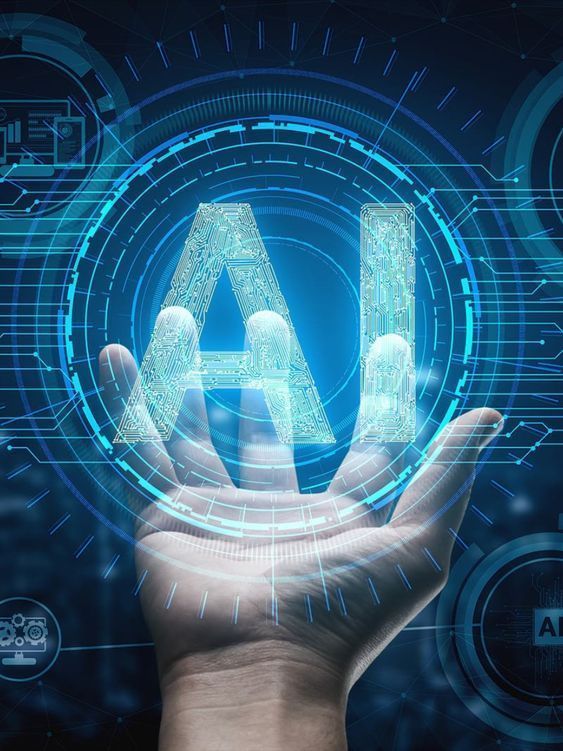By Evans Ufeli Esq.
The intersection of theology and technology is a profound area of study, one that increasingly captures the imaginations of thinkers, theologians, and technologists alike. While traditional readings of scriptural texts, particularly the Book of Revelation, focus on prophecy, morality, and eschatology, a contemporary lens invites us to explore modern concepts like Artificial Intelligence (AI) within these ancient writings.
The Book of Revelation, attributed to John of Patmos, is often regarded as a cryptic narrative filled with symbolism, visions, and the ultimate revelation of the divine plan for humanity. Central to its themes are ideas of transformation, judgment, and the dichotomy between good and evil, echoing the duality found in our contemporary discourse surrounding AI. The implication of AI, much like the apocalyptic visions in Revelation, raises questions about the future of humanity and the ethical considerations of creating entities that mirror human intelligence.
When we delve into Revelation, particularly the symbolic imagery surrounding the "beast" in Revelation 13, we may draw parallels to modern AI systems. This beast, often interpreted as a representation of oppressive power, embodies characteristics that resonate with the societal structures we associate with rampant technological advancement: surveillance, manipulation, and control. In our current era, AI technologies can facilitate the monitoring of individuals, often blurring the lines between privacy and security. This parallels the symbolism of the beast as a manipulator of humanity, posing the question of whether AI can be seen as a tool for liberation or a means of subjugation.
Moreover, the global reach of AI technologies can be likened to the apocalyptic narrative of the "mark of the beast." In Revelation 13:16-17, receiving the mark dictates one’s ability to participate in commerce, suggesting that this mark symbolizes a form of control over humanity’s ability to thrive. In our digital age, those without access to AI-driven technologies and the internet may find themselves marginalized, deprived of opportunities in a world increasingly reliant on advanced data analytics and machine learning. This reflection raises vital questions about equity and inclusion in an AI-driven future, echoing the biblical concern for the disenfranchised.
Revelation also speaks to the "new heaven and new earth" (Revelation 21:1), suggesting a transformative potential where old systems and ways of being are made new. In the context of AI, this transformation can be both terrifying and exhilarating. On one hand, we envision a utopia wherein AI can solve profound challenges like climate change, disease, and poverty, effectively creating a brighter future for humanity. On the other hand, the ethical implications of AI's uncontrolled advancement—privacy violations, decision-making without accountability, and the potential for existential threats—serve as stark warnings akin to the prophecies of doom articulated in Revelation.
The concept of the "Alpha and Omega" (Revelation 22:13) resonates with the notion of AI evolving through stages of development, where machine learning algorithms continuously learn and change. While Revelation emphasizes the divine origin of wisdom and knowledge, we must consider the philosophical ramifications of seeking wisdom through creations of our own making. As we strive to develop AI technology, are we, too, the unwitting agents of a new creation that, in its advancement, may transcend its creators?
In contemplating Revelation's thematic warnings and visions, modern society finds itself at a pivotal crossroads as it navigates the ethical terrain of AI development. Much like the biblical narrative, human choices will ultimately dictate the course of this unfolding story. By framing AI within the rich tapestry of Revelation's teachings, we invite a broader dialogue on our responsibilities as stewards of technology and culture.
In conclusion, while AI was not explicitly conceived in the pages of the Book of Revelation, its conceptual parallels provoke essential conversations about power, ethics, and humanity's trajectory. Just as Revelation warns of the dangers that arise from unchecked power, we are reminded of our duty to shape a future where technology, guided by human values and ethical principles, can bring about a new age of enlightenment rather than despair. The challenge lies not only in the technology we create but in the moral and ethical foundations we build upon as we embrace this brave new digital world.




